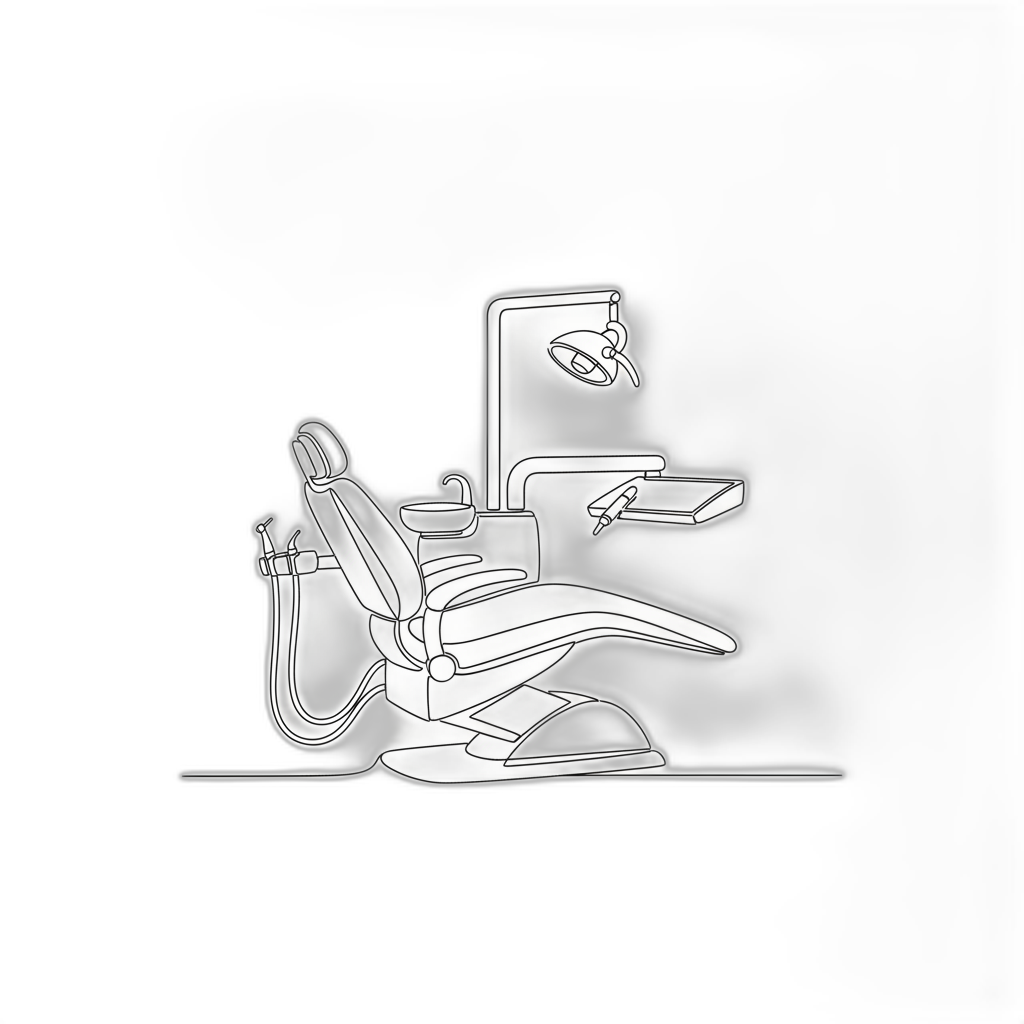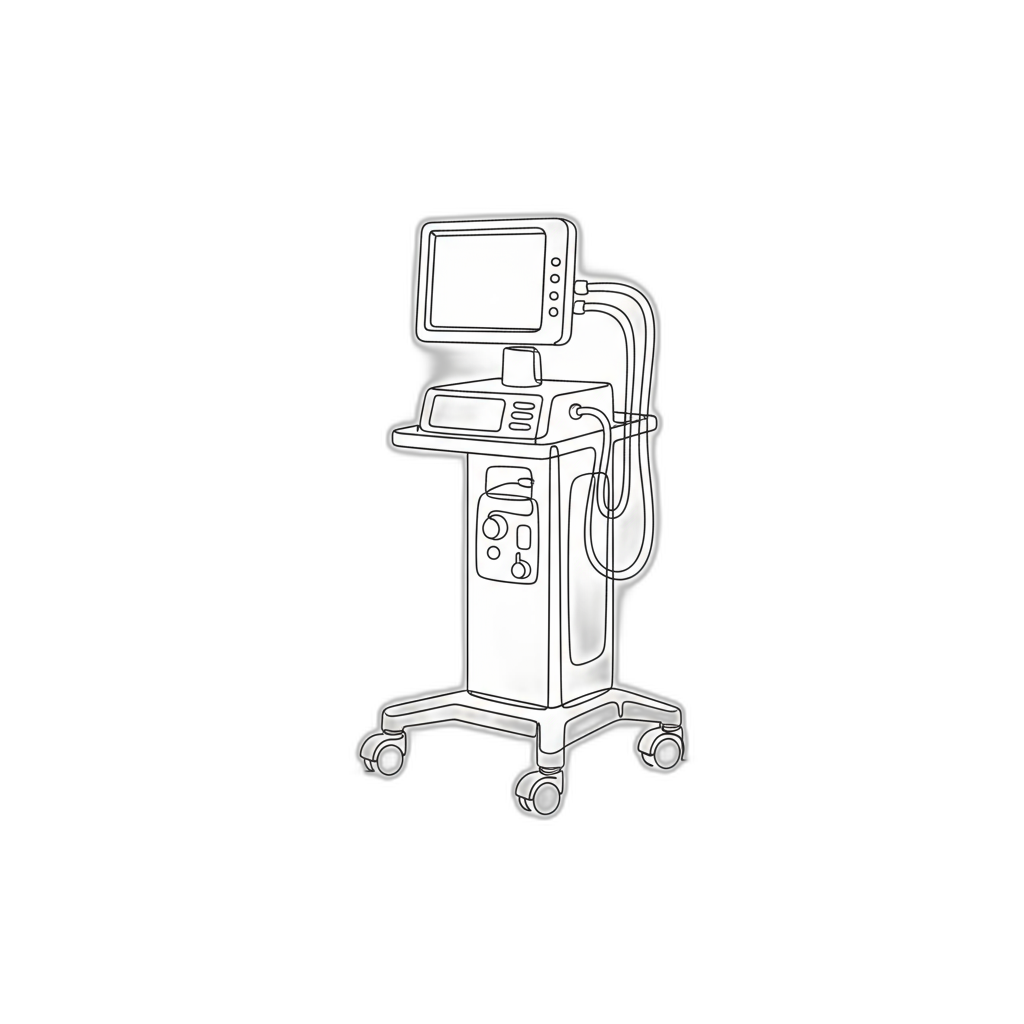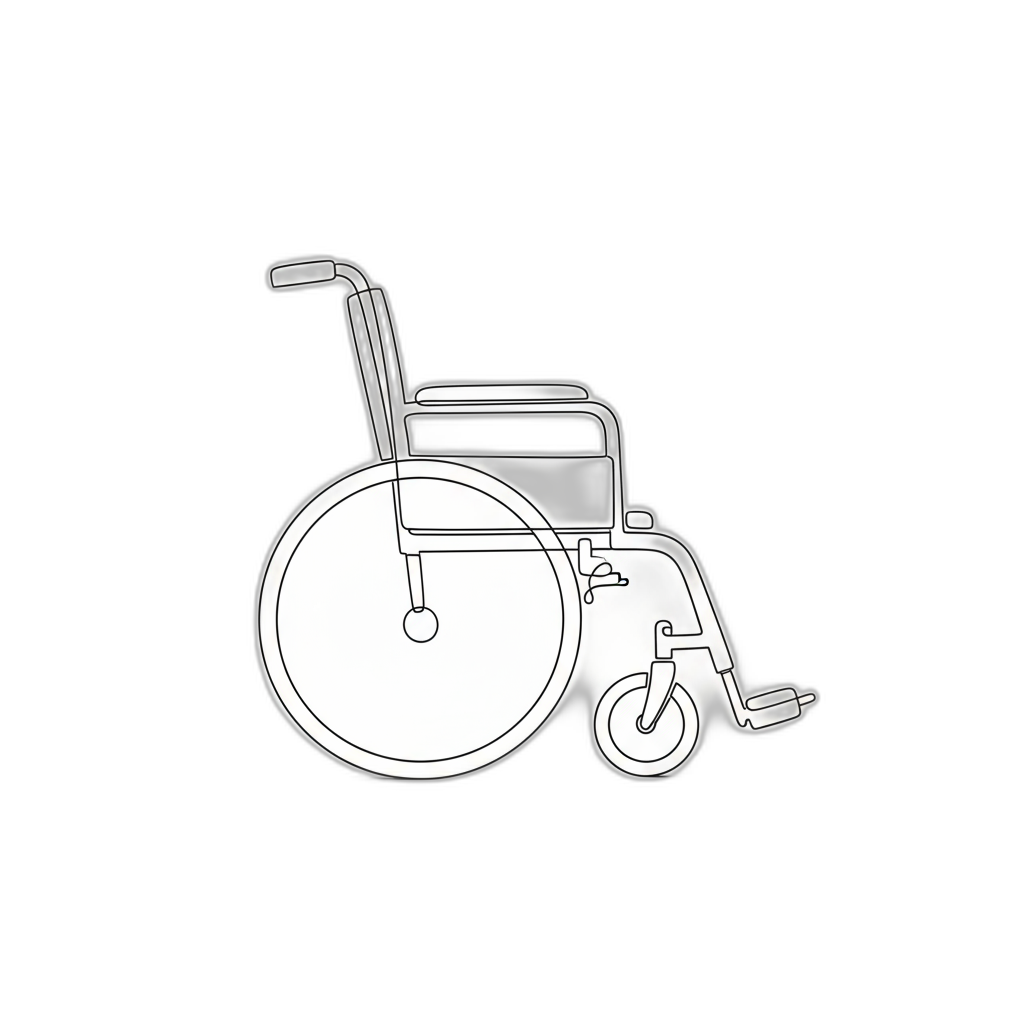






5-Star Service, Trusted & Loved by Hundreds
Your Appraiser Search Ends Here
Your Appraiser Search Ends Here
.avif)

Nationwide Coverage – Appraisals Anywhere in the US

Get it done Onsite or Online

Any Asset, Covered

Defensible for Any Purpose
Frequently Asked
Questions
No Frequently Asked Questions Found.
These donations can take multiple forms, ranging from direct cash contributions to complex asset transfers. Monetary gifts are the most straightforward, typically involving cash, checks, or electronic transfers. However, donors can also contribute non-cash items like clothing, vehicles, securities, and even real estate.
Beyond financial support, charitable donations serve a critical role in addressing societal challenges. They provide essential funding for organizations working in areas such as education, healthcare, environmental conservation, and social justice. By contributing, donors become active participants in creating positive community change, supporting initiatives that might otherwise struggle to secure necessary resources.
The impact of charitable giving extends far beyond immediate financial support. These contributions help nonprofit organizations sustain their operations, develop innovative programs, and expand their reach to serve more individuals and communities in need. Moreover, donations foster a sense of collective responsibility and interconnectedness, demonstrating how individual actions can contribute to broader social progress.
For donors, charitable contributions offer potential tax advantages. Many jurisdictions allow tax deductions for gifts to qualified nonprofit organizations, which can help reduce overall tax liability. However, donors should maintain detailed documentation and, for significant non-cash donations, obtain professional appraisals to ensure proper valuation and tax compliance.
Ultimately, charitable donation represents a meaningful intersection of personal values, social responsibility, and practical financial strategy. Whether through monetary gifts, professional services, or tangible assets, each contribution has the potential to create meaningful, lasting impact.
From a tax perspective, the IRS mandates a qualified appraisal for non-cash contributions exceeding $5,000. This requirement isn't just bureaucratic red tape—it's a formal mechanism ensuring donors can accurately document and substantiate their charitable gifts. Proper documentation protects donors during potential tax reviews and helps maximize potential tax deductions.
Accurate valuation goes far beyond financial benefits. A professional appraisal introduces transparency and credibility to the donation process. Charitable organizations rely on precise documentation to validate contributions, demonstrate impact, and maintain financial accountability. When donors provide comprehensive appraisals, they empower nonprofits to more effectively communicate the tangible value of philanthropic support.
The expertise of a qualified appraiser cannot be overstated. These professionals understand nuanced market conditions, item-specific valuation methodologies, and current regulatory standards. Their specialized knowledge ensures donors receive a comprehensive, defensible assessment that reflects the true worth of their contribution.
Different types of donations—whether artwork, real estate, vehicles, or collectibles—require specific evaluation approaches. A professional appraiser brings specialized knowledge to assess each item's unique characteristics, historical context, and current market dynamics. This meticulous approach guarantees a fair, accurate representation of the donation's value.
By investing in a professional appraisal, donors transform their generosity into a strategic, well-documented contribution that benefits both the charitable organization and their personal financial planning.
The valuation encompasses a holistic examination of the equipment's current condition, operational functionality, technological relevance, and potential market demand. Professional appraisers conduct an in-depth analysis that goes beyond simple numerical calculations, integrating complex considerations such as equipment age, technological sophistication, compliance with current healthcare standards, and potential future utility.
Specialized appraisers utilize advanced methodological approaches to establish an accurate and defensible valuation. This involves extensive market research, comparative analysis of similar equipment, thorough inspection of physical and operational characteristics, and careful consideration of industry-specific depreciation standards.
The appraisal process considers multiple dimensions that impact equipment value, including technological obsolescence, maintenance history, regulatory compliance, and potential for future use. Each piece of medical equipment is evaluated with precision, recognizing that medical technology represents a significant financial investment for healthcare institutions.
These comprehensive assessments serve critical functions across the healthcare ecosystem, providing essential insights for financial planning, asset management, insurance documentation, and strategic decision-making. By offering an objective, detailed evaluation, medical equipment appraisals enable healthcare organizations to make informed choices about their technological resources and investments.
Clients can initiate an online appraisal by submitting detailed documentation about their medical equipment. This typically includes high-resolution photographs, precise model numbers, equipment specifications, and a comprehensive description of its current condition. Professional appraisers utilize these digital submissions to conduct thorough and reliable assessments.
Advanced digital platforms now enable interactive appraisal experiences through video conferencing technologies. These virtual consultations allow direct communication between appraisers and clients, facilitating real-time equipment demonstrations and immediate clarification of technical details. Such approaches ensure a transparent and comprehensive valuation process.
Every online medical equipment appraisal adheres to the Uniform Standards of Professional Appraisal Practice (USPAP), guaranteeing professional integrity and compliance across different states. The digital methodology maintains the same rigorous standards as traditional in-person assessments, providing clients with reliable and legally recognized valuation documentation.
The online appraisal process offers significant advantages, including convenience, reduced wait times, and broader accessibility. Clients can now receive professional equipment valuations from anywhere, streamlining what was once a complex and time-consuming process.
Different types of appraisers bring unique perspectives and skill sets to their evaluations. Clinical appraisers concentrate on equipment actively used in patient care environments, examining performance, technological capabilities, and regulatory adherence. They often develop expertise in specific domains like diagnostic imaging, surgical technologies, or patient monitoring systems.
Financial appraisers apply a quantitative lens, analyzing market dynamics, economic trends, and potential return on investment. Their assessments are particularly valuable for healthcare organizations seeking precise valuation for resale, financial reporting, or strategic asset management.
Technical appraisers leverage deep engineering and technical knowledge to comprehensively assess medical device functionality. They scrutinize equipment age, maintenance history, operational performance, and technical specifications to determine comprehensive market value.
Regulatory appraisers specialize in ensuring medical equipment meets stringent health and safety standards. Their evaluations consider compliance history, certification requirements, and alignment with current regulatory frameworks, providing crucial insights for healthcare providers navigating complex compliance landscapes.
Estate appraisers focus on medical equipment valuation during asset distribution scenarios, such as professional retirement or estate settlements. They provide objective, market-aligned assessments that support fair and accurate asset valuation.
The selection of an appropriate medical equipment appraiser depends on the specific evaluation objectives, ensuring stakeholders receive precise, contextually relevant valuations that support informed decision-making.
Financial reporting relies heavily on accurate equipment valuation. By establishing precise current market values, healthcare providers can optimize depreciation calculations, enhance asset management strategies, and create more transparent financial statements. This precision supports better budgeting and resource allocation decisions.
Taxation compliance represents another crucial aspect of medical equipment appraisals. When organizations consider equipment donations or need to document asset values, a professional appraisal becomes indispensable. These assessments help prevent potential tax complications and ensure regulatory adherence, particularly for donations exceeding specific monetary thresholds.
Insurance coverage requires meticulous valuation to protect significant medical equipment investments. An accurate appraisal guarantees that insurance policies genuinely reflect replacement costs, mitigating risks of underinsurance during potential loss, damage, or theft scenarios.
Legal proceedings often demand objective third-party equipment valuations. Whether resolving partnership disputes, managing organizational transitions, or navigating complex litigation, a professional appraisal provides authoritative documentation of asset worth, facilitating fair negotiations and informed decision-making.
Mergers, acquisitions, and equipment transactions also benefit significantly from comprehensive appraisals. Buyers and sellers can establish fair market values, negotiate confidently, and understand the true economic implications of medical equipment investments.
By embracing systematic medical equipment appraisals, healthcare organizations transform asset evaluation from a routine administrative task into a strategic management tool that supports financial integrity, operational efficiency, and long-term organizational planning.
Understanding Medical Equipment Appraisals
Medical equipment appraisals are essential for accurately valuing items intended for charitable donations. These assessments provide a fair market value of the equipment, which can be beneficial for both donors and recipient organizations. In many cases, donors may be eligible for tax deductions based on the appraised value, making accurate assessments crucial for maximizing their philanthropic impact. Furthermore, charitable organizations must understand the value of these donations to ensure that they are managing their resources effectively.
The appraisal process typically involves evaluating the type, condition, age, and market demand for the medical equipment in question. Qualified appraisers with experience in medical equipment can offer insights into comparable sales and market trends, providing a comprehensive understanding of the equipment's value. Additionally, proper documentation is required to substantiate the appraisal, which can aid in tax reporting and compliance. As such, medical equipment appraisals play a pivotal role in the charitable donation process, ensuring transparency, accountability, and value for both parties involved.
Importance of Appraisals for Charitable Donations
When it comes to charitable donations, obtaining a professional appraisal for medical equipment is crucial for both the donor and the receiving organization. An appraisal provides an objective valuation of the equipment, ensuring that the donation process adheres to IRS guidelines. This is particularly important for high-value items, as donors can potentially maximize their tax deductions based on the appraised value, while charities benefit from receiving a fair representation of the equipment’s worth.
In addition to tax benefits, having an accurate appraisal helps charities manage their inventory more effectively. By understanding the value of the donated medical equipment, organizations can allocate resources better, optimizing how they use or resell those items for fundraising purposes. Moreover, an appraisal can assist in identifying any necessary repairs or upgrades, enabling charities to enhance the overall quality of the equipment they provide to those in need.
Overall, medical equipment appraisals play a vital role in fostering transparency and trust between donors and charities. They ensure that both parties have a clear understanding of the asset’s worth, which can lead to more effective partnerships in the community. With properly appraised donations, charities can better serve their missions, while donors can feel confident that their contributions are being valued appropriately.
Types of Medical Equipment Commonly Donated
Charitable donations of medical equipment play a crucial role in supporting healthcare facilities, especially in under-resourced areas. Common types of donated equipment include surgical instruments, diagnostic machines, and mobility devices. These items not only contribute to improving patient care but also help organizations reduce waste by extending the lifecycle of valuable medical tools that might otherwise sit idle.
Another significant category of donated medical equipment is imaging devices, such as X-ray machines and ultrasound systems. These sophisticated tools are essential in diagnostics and can greatly enhance a healthcare provider's capacity to treat patients effectively. Donating excess or outdated imaging equipment allows donor organizations to support clinics that may lack access to these critical technologies, ultimately benefiting community health.
In addition to surgical and imaging equipment, durable medical equipment like wheelchairs, hospital beds, and respiratory aids represent a vital component of charitable donations. These items provide essential support for patients, especially those transitioning out of hospital care or those suffering from chronic conditions. By donating such equipment, organizations can make a significant difference in the quality of life for individuals who may not have the means to acquire them otherwise.
The Appraisal Process for Medical Equipment
The appraisal process for medical equipment begins with a thorough assessment of the items in question. Appraisers will evaluate the equipment's condition, functionality, and age, as well as its current market demand and resale value. This multifaceted analysis not only establishes a fair market value but also ensures compliance with regulatory standards. An accurate appraisal is crucial for charities as it provides essential documentation for tax purposes and future audits.
During the appraisal, appraisers may also consider the original purchase price and any depreciation that has occurred over time. Medical equipment can experience significant depreciation due to rapid technological advancements, so understanding these dynamics is key. The appraiser will also research comparable sales of similar equipment to provide a well-rounded perspective on its current market value. This data-driven approach helps ensure that the documented value reflects a realistic figure that can be presented to potential donors or used in tax filings.
Once the appraisal is completed, the appraiser will generate a comprehensive report detailing their findings and conclusions. This report typically includes high-quality photographs, detailed descriptions of the equipment, and a clear statement of value. Charitable organizations can then use this documentation not only to validate donations for tax deductions but also to enhance their fundraising efforts, demonstrating the significance of the donated equipment in their mission. Understanding the appraisal process empowers both charities and donors, fostering transparency and trust in charitable contributions.
Key Factors Influencing the Value of Medical Equipment
The value of medical equipment for charitable donation is influenced by various critical factors, primarily its condition and age. Equipment that is in excellent working order and has been well-maintained typically commands a higher appraisal value, as it indicates reliability and longevity. Additionally, the age of the equipment can significantly impact its worth; newer models often incorporate advanced technology and features that attract greater market interest, while older models may be obsolete or require costly repairs.
Another vital element affecting the value is the type of equipment being appraised. Commonly recognized, high-demand equipment such as MRI machines, ultrasound devices, or surgical instruments generally hold more value due to their broad utility in medical facilities. In contrast, niche equipment or those with limited application may not command the same level of interest among buyers, thereby reducing their overall value in a charitable donation context.
Market demand plays a considerable role in determining the value of medical equipment as well. Factors such as location, current healthcare trends, and the specific needs of healthcare facilities can significantly influence how much value potential buyers place on the equipment being donated. Understanding these nuances not only aids in setting realistic expectations for appraisals but also assists donors in maximizing the benefit of their charitable contributions.
Selecting a Qualified Appraiser
Selecting a qualified appraiser for medical equipment intended for charitable donation is a crucial step in ensuring that both the donor and the recipient organization receive a fair evaluation. A properly credentialed appraiser should possess specialized knowledge in medical equipment valuation, along with familiarity with industry standards and regulations. They are equipped to assess the equipment's current market value, taking into account factors such as age, condition, and relevant sales data, which can significantly influence the appraisal outcome.
When searching for a qualified appraiser, consider their professional affiliations and certifications. Organizations such as the American Society of Appraisers or the International Society of Appraisers offer designations that indicate an appraiser's level of expertise and adherence to ethical standards. It's also wise to review their past experience specifically with medical equipment appraisals, as this niche area requires a distinct understanding of the medical field and its equipment market dynamics.
Additionally, engaging an appraiser who can effectively communicate the appraisal process is essential. They should be willing to provide detailed explanations of their methods and arrive at a value that is both transparent and well-supported by comparable data. This approach not only bolsters the credibility of the appraisal but also assists donors in maximizing their tax deductions and ensuring their charitable contributions are accurately represented.
The Role of Appraisals in Tax Deductions
When it comes to charitable donations, particularly those involving medical equipment, appraisals play a crucial role in determining the fair market value of the donated items. This valuation is essential for both the donor and the receiving organization, as it establishes a clear basis for any potential tax deductions. By working with a qualified appraiser, donors can ensure that the value assigned to the equipment is accurate and compliant with IRS guidelines, which helps facilitate a smoother donation process.
The IRS requires that any item valued over a certain amount must have a qualified appraisal to substantiate deductions claimed on tax returns. For medical equipment, this usually means documenting its condition, market demand, and comparable sales data. An accurate appraisal not only maximizes the donor's tax benefit but also protects them from potential audits or penalties, providing peace of mind during the giving process.
For non-profit organizations, receiving well-appraised medical equipment helps in their financial planning and resource allocation. It allows them to accurately report the value of incoming donations, which can enhance their fundraising efforts and grant applications. Ultimately, involving a professional appraiser establishes credibility and aids in creating a tangible impact on the community by ensuring that both the donor and the recipient organization can benefit fairly from the transaction.
Documentation Required for Charity Donations
When donating medical equipment to charity, proper documentation is essential to ensure the process is seamless and compliant with tax regulations. First and foremost, donors must secure a donation receipt from the charity, which serves as a formal acknowledgment of the contribution. This receipt typically includes the charity's name, address, and tax identification number, along with a description of the donated items and their estimated value. Having this documentation on hand is crucial for both tax purposes and record-keeping.
In addition to the donation receipt, a detailed inventory list of the medical equipment is advisable. This list should outline each item's make, model, serial number, and condition. Providing this breakdown not only helps substantiate the fair market value for tax deductions but also assists the charity in understanding the equipment's usability. Accurate records can further facilitate any regulatory requirements for the receiving organization as they process the donation.
Lastly, if the equipment's appraisal value exceeds a specific threshold, an independent appraisal may be required. For charitable donations over a certain amount, the IRS mandates that donors obtain a qualified appraisal to substantiate the claimed value. This evaluation not only solidifies the documentation but may also enhance the donor's tax deduction potential. Ensuring all necessary paperwork is prepared in advance will help streamline the process and maximize the benefits of the charitable contribution.
Typical Challenges in Appraising Medical Equipment
Appraising medical equipment can be fraught with challenges, primarily due to the rapid advancements in technology and the varying conditions of the equipment. As new devices are developed and existing ones become obsolete, determining the fair market value can become a complex task. Additionally, the equipment’s age, usage history, and current condition all play critical roles in influencing its appraisal value, requiring appraisers to possess a deep understanding of both equipment and market trends.
Another significant challenge lies in the differences between types of medical equipment. Equipment used in surgical procedures is often valued very differently than that used for diagnostics or routine monitoring. This specialization requires appraisers to have not only technical expertise but also familiarity with specific equipment categories, including their typical resale values and associated risks, such as regulatory compliance or warranty issues.
Furthermore, when appraising medical equipment intended for charitable donation, appraisers must navigate various regulatory and tax implications. The IRS has specific guidelines on determining fair market value for charitable contributions, which can complicate the appraisal process. Ensuring that the appraisal meets these standards is critical for both donors and receiving organizations, demanding thorough documentation and understanding of relevant laws to ensure compliance and maximize the benefits of the donation.
Best Practices for Donating Medical Equipment
When donating medical equipment, it is vital to choose items that are in good working condition and comply with current healthcare regulations. Before making a donation, ensure the equipment has been properly maintained and sterilized, as safety and hygiene standards are critical in healthcare settings. Familiarize yourself with the specific needs of the receiving organization, as certain facilities may have specialized requirements for their operations.
Additionally, conducting a thorough appraisal of the medical equipment can provide clarity on its value and usability. A detailed appraisal not only serves to establish a fair market value but also helps in understanding the condition and potential lifespan of the equipment being donated. This process is essential for making informed decisions about what to donate and ensuring that the items will genuinely benefit the recipient organization.
Finally, consider the tax implications of your donation. An appraisal can assist in determining the fair market value for tax deductions, providing necessary documentation for your records. Engaging with knowledgeable professionals can also guide you through the regulations and paperwork involved in the donation process, ensuring a smooth and compliant transaction.
Frequently Asked Questions About Medical Equipment Appraisals
When considering a medical equipment appraisal for charitable donation, many individuals and organizations have questions regarding the process. One common inquiry is about the necessity and purpose of an appraisal. An appraisal provides an objective valuation of the donated equipment, which can be essential for both the donor's tax deductions and the charity's financial records. This valuation also establishes a fair market value that ensures transparency and compliance with Internal Revenue Service (IRS) requirements.
Another frequent question revolves around who is eligible to conduct these appraisals. Qualified appraisers with expertise in medical equipment, often holding recognized professional designations, are best suited for this task. They understand the nuances of medical devices and their market fluctuations, which is crucial for delivering an accurate assessment. Furthermore, using an accredited appraiser adds credibility to the appraisal report, making it more likely to be accepted by tax authorities and fulfilling the needs of both donor and recipient.
Lastly, donors often wonder how long the appraisal process takes and what factors can influence the timeline. Typically, the length of time required for an appraisal can vary based on the complexity of the equipment and the appraiser's workload. Simple valuations may be resolved quickly, while more specialized or high-value equipment might necessitate extensive research and analysis. Donors are encouraged to plan ahead, allowing adequate time for the appraisal to be completed before making the donation to ensure a smooth and beneficial process.
Conclusion: Maximizing the Impact of Your Donation
In conclusion, medical equipment appraisals play a crucial role in maximizing the impact of your charitable donation. An accurate appraisal not only ensures that the fair market value of the equipment is established but also provides essential documentation for tax deductions. This can significantly enhance the financial benefits for both the donor and the recipient organization, ultimately leading to better outcomes in meeting community health needs.
Moreover, a well-executed appraisal can foster transparency and trust between the donor and the charitable organization. By having a clear understanding of the equipment's value, both parties can confidently navigate the donation process, ensuring that the item will be utilized effectively. This mutual understanding also encourages ongoing partnerships and support for future charitable initiatives.
Lastly, understanding the nuances of medical equipment appraisals can elevate your overall giving strategy. As the healthcare landscape evolves and the demand for specific medical devices changes, staying informed will help you identify the most impactful items to donate. With thoughtful alignment between your charitable goals and community needs, your contributions can lead to significant advancements in healthcare access and quality.
View all Locations
BEST-IN-CLASS APPRAISERS, CREDENTIALED BY:











.svg)








